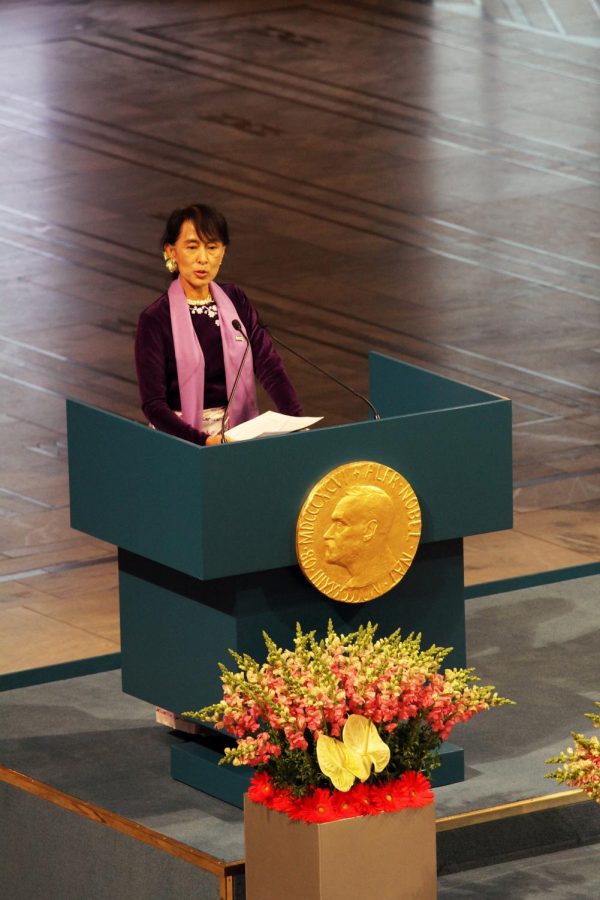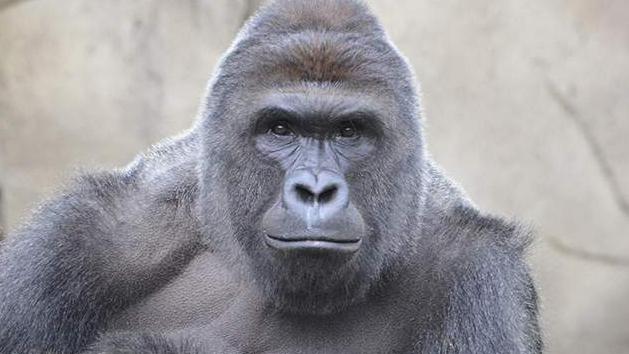Burmese Destabilization
Photo Credit: Utenriksdept
March 26, 2021
Burma and Myanmar actually refer to the same thing, but the changing of the country’s name in 1989 had been somewhat controversial, as many world leaders did not support the military junta that instituted the change. British officials even refused to use the name originally, but at this point, the name Myanmar is broadly accepted. “Burma” remains just a more colloquial form of the word “Myanmar.” Many think both of these words derive from the name of the region, “Brahma Desha” (which translates to “country of Brahma”).
In recent years, Myanmar has made great strides toward a more democratic government, especially led by Aung San Suu Kyi, a woman who was instrumental in creating the Burmese National League for Democracy (NLD). She served as State Counsellor (Prime Minister) of Myanmar, and even received a Nobel Peace Prize in 1991. San Suu Kyi was under house arrest for much of the time from 1989 to 2010 and has been compared to Gandhi for her principles of nonviolence. However, she has also received much criticism, specifically for accusations of inaction against genocide on the part of the Burmese military. Surprisingly, she has not acknowledged any military massacres occurred, but this could be for various reasons.
Despite all this, on February 1st, the Burmese armed forces along with their commander-in-chief, Min Aung Hlaing, once again took control of the country of Myanmar. The coup d’état was based on allegations that the November 2020 election results, which were a landslide victory for Suu Kyi’s party, were fraudulent. The military has again put Suu Kyi under house arrest in addition to many other NLD officials.
The United States’ position in all of this is difficult. Although Suu Kyi did many good deeds for the country, she was also being pushed to rely more and more on China, which would probably not be a good thing in the long run. As we have seen in the past, China will do almost anything to extend its influence and borders. On the other hand, if we turn a blind eye to the matter, then the military will continue to oppress the people. In the past, the military has been seen to be harmful to some ethnic minorities, especially Rohingya Muslims. The most effective method (to find some sort of middle ground), would be to increase sanctions and economic restrictions concerning Myanmar. However, this would most likely continue to push Myanmar’s leadership, no matter which side, to rely more on the CCP. In 2018, 33% of Burmese exports were already going to China, which proves that Myanmar depends on China heavily for its economic stability no matter who is in power.
The best way to look at these events from an American perspective is short-term versus long-term. Although sanctioning Myanmar might make it rely increasingly on China in the short-term, we may be able to aid them in becoming more economically independent in the long term. It would also be foolish to ignore the fact that a military junta will not support the country’s long-term growth and will be oppressive in the short-term. Clearly, this demands swift action from America and other countries to shut down the military’s coup and reinstate democracy.



